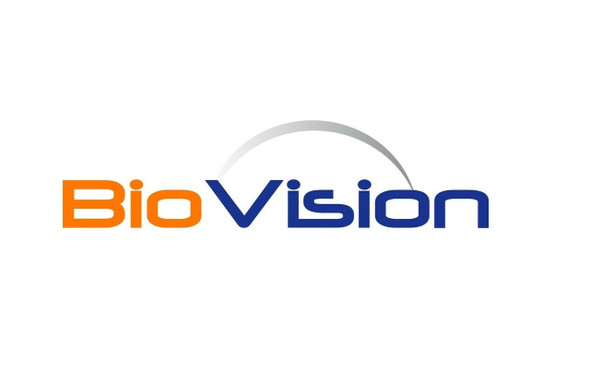Biovision
QuickDetect™ Remnant lipoprotein cholesterol (RLP-c) (Rat) ELISA Kit
- SKU:
- 26-K4435
- Availability:
- Usually Shipped in 5 Working Days
- Size:
- 100 Assays
- Storage Conditions:
- 4°C
- Shipping Conditions:
- Gel Pack
- Shelf life:
- 6 months
Description
Remnant lipoproteins (RLPs), the triglyceride‐enriched precursors to low‐density lipoprotein (LDL), are an emerging risk factor for coronary heart disease (CHD). It is considered one of the most harmful lipoproteins, RLP (also called remnant-like particles) is very highly correlated with cardiovascular disease. BioVision’s QuickDetect™ RLP-c ELISA kit is a sandwich ELISA assay for measuring the quantity of rat RLP-c in serum, plasma and cell culture and other biological fluid. The entire process can be performed within 90 minutes with only a single incubation and a wash step respectively, resulting in fewer handling steps, fewer errors and more consistent results.
Alternate Name: N/A
Tag Line: A rapid sandwich ELISA kit for the quantitative measurement of Remnant lipoprotein cholesterol in rat serum, plasma, cell culture supernatnat and other biological fluids
Summary: • Detection method- Absorbance (450 nm) • Species reactivity- Rat • Application- quantitative measurement of RLP-c in rat serum, plasma, cell culture supernatant, and other biological fluid.
Detection Method: Absorbance (450 nm)
Sample Type: Rat serum, plasma, cell culture supernatant, tissue homogenate and other biological fluids.
Species Reactivity: Rat
Applications: This ELISA kit is used for quantitative measurement of RLP-c in rat serum, plasma, cell culture supernatant and other biological fluids.
Features & Benefits: Easy, convenient and time-saving method to measure the level of RLP-c in rat serum, plasma, culture supernatants and other biological fluids. The entire assay can be performed within 90 minutes with only a single incubation and a wash step respectively, resulting in fewer handling steps, fewer errors and more consistent results. Detection Range: 7.8 – 500 ng/ml






